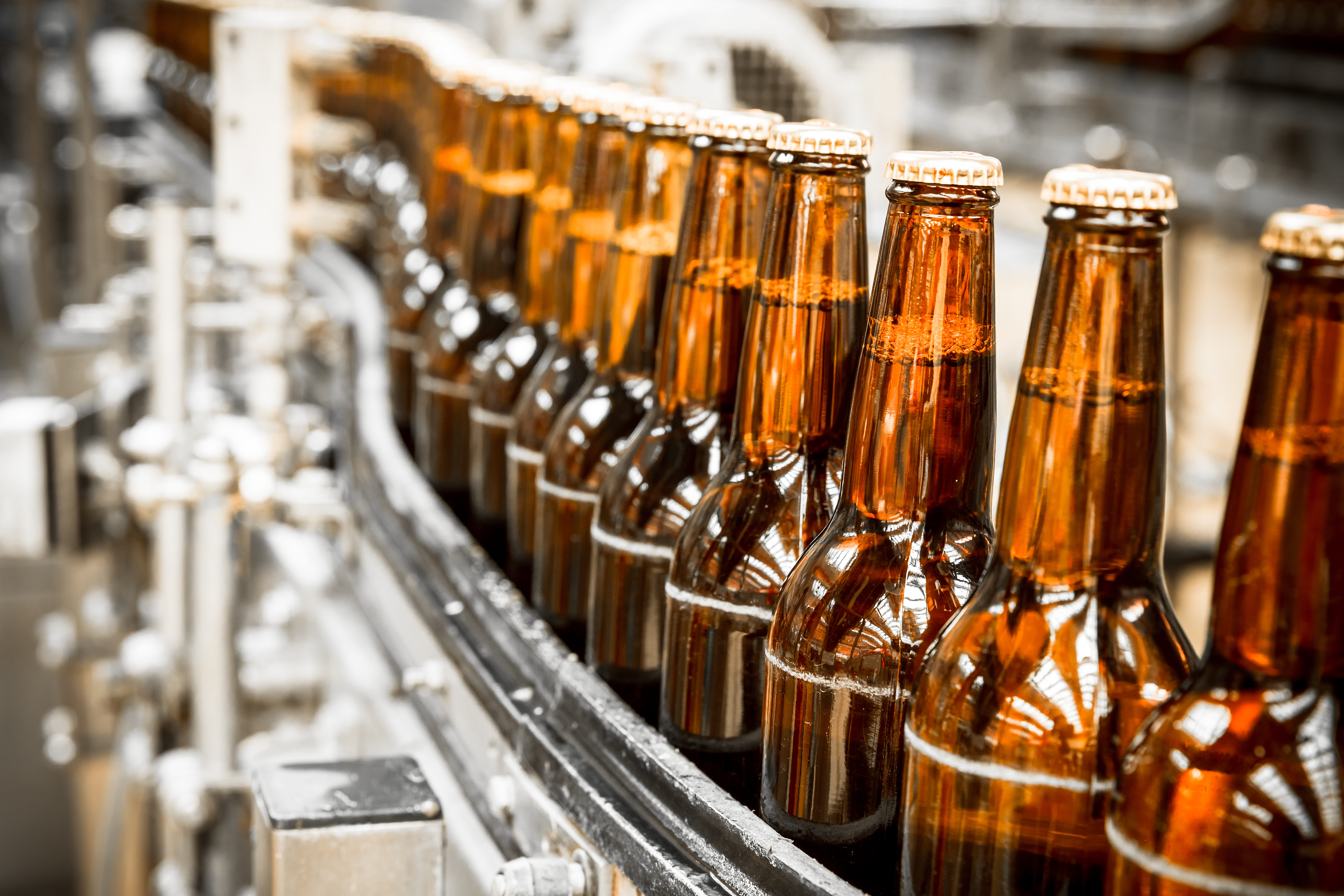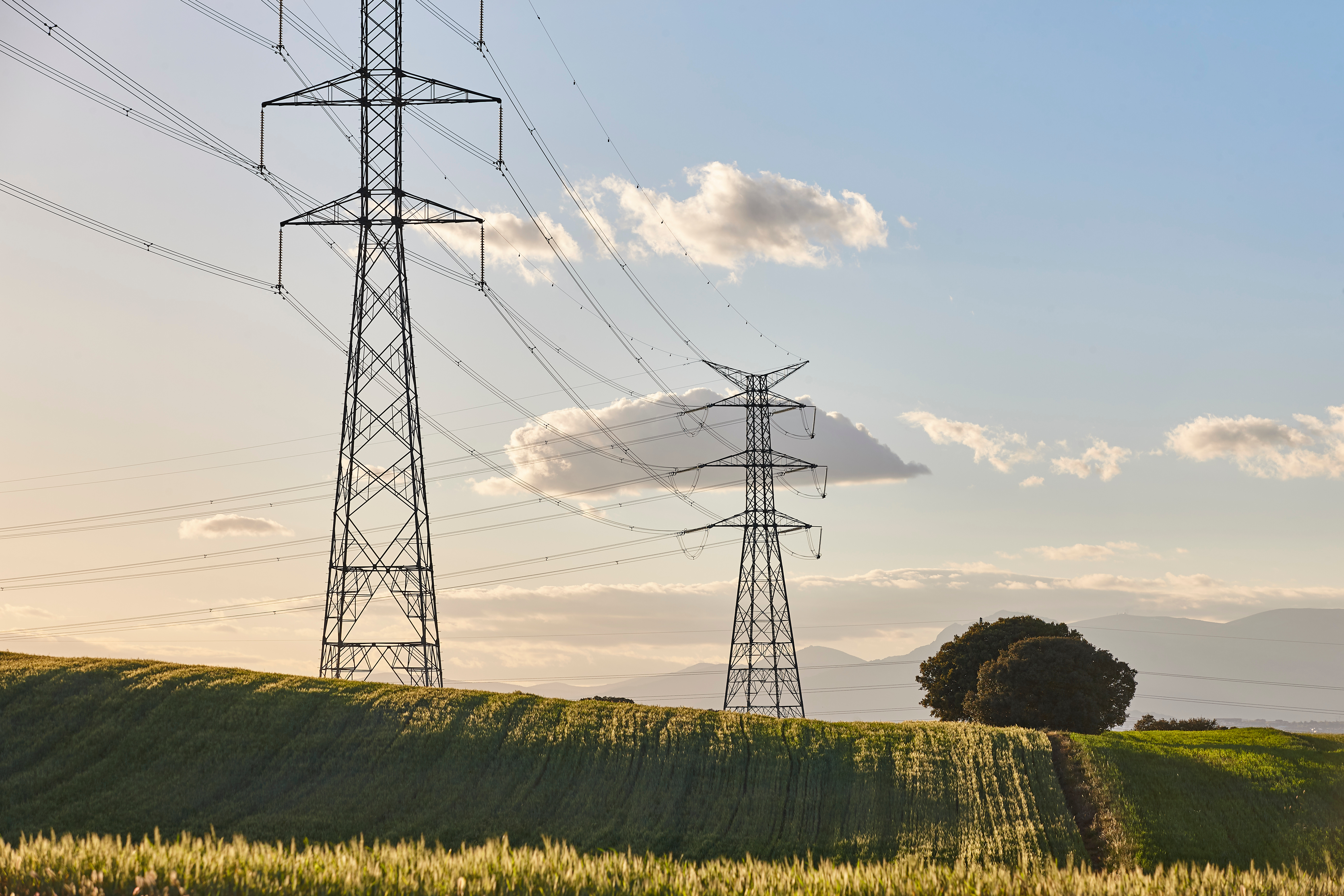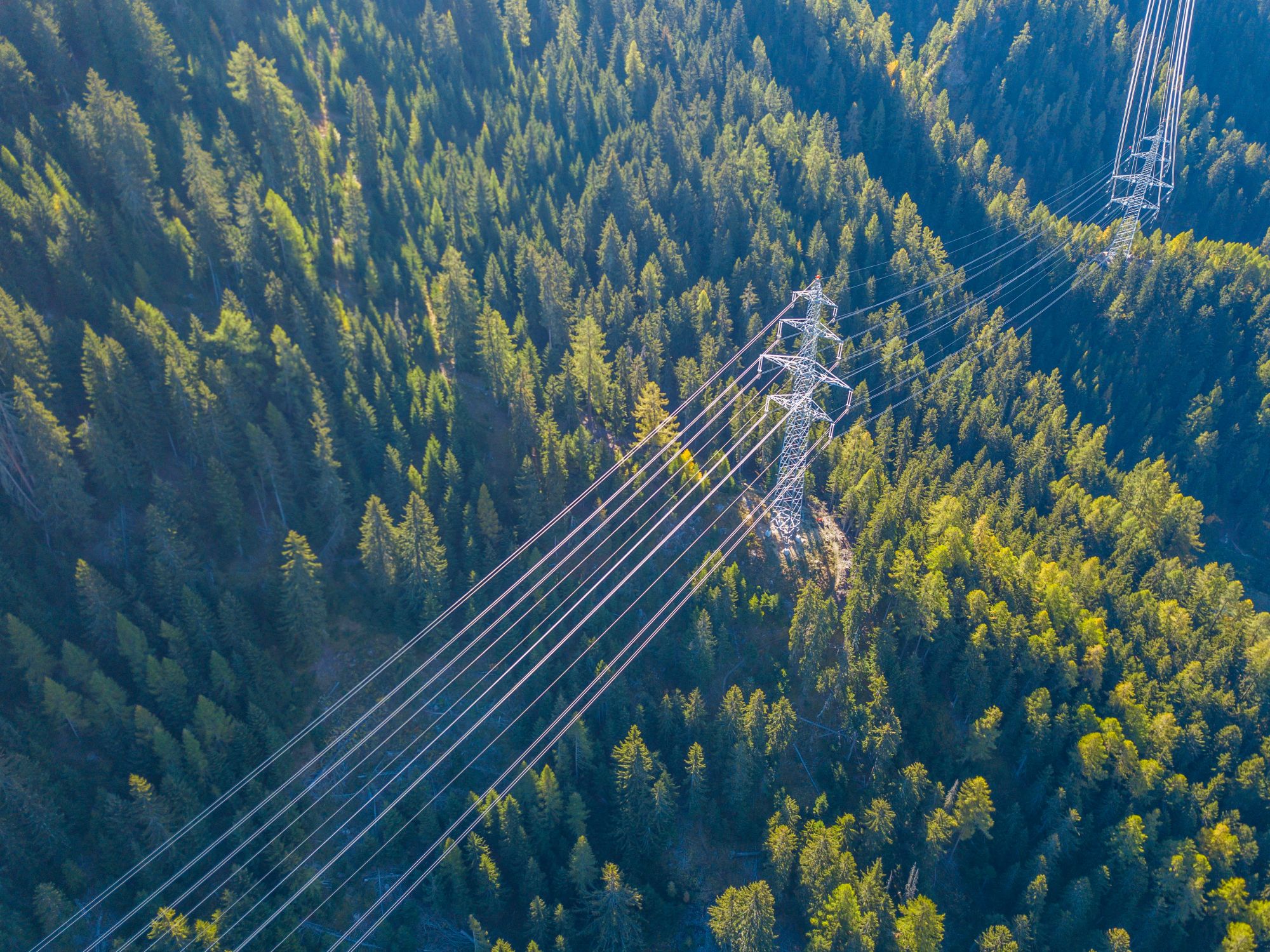Brewing up sustainability: The intersection of water and energy in breweries
Let's Save Energy
Alliance to Save Energy's Blog

On Tuesday, June 21, the Alliance to Save Energy hosted a webinar exploring the relationship between water and energy by looking at two things that are better when handled together: beer and sustainability.
The webinar, which covered best practices on sustainable breweries, featured two speakers: Emilio Tenuta of EcoLab and John Stier of the Brewers Association. Tenuta focused on the connection between energy and water, as well as the ways EcoLab has helped breweries reduce their water and energy use. Stier discussed steps craft breweries have taken and still need to take in order to continue their rapid growth while increasing sustainability.
Emilio Tenuta, Vice President of Corporate Sustainability, EcoLab
Tenuta highlighted the link between water and energy – and in particular, between water savings and energy efficiency. Pointing to a real-life example, he explained that both water and electric utilities weathered the California drought by increasing the efficiency of their plants, thereby achieving vital usage reductions.
Both water and energy are integral aspects of the food and beverage industry, Tenuta explained. Water, in particular, is especially critical in the brewing industry: breweries use water for meeting hygiene standards, heating and cooling, processing and packaging and more. In addition, water quantity and quality vary by location, making it a local issue. As water scarcity increases around the world, stable water supplies for these businesses decrease. This affects economies around the world because the brewing market is a significant global market.
Various brewers already have sustainability goals, many focusing primarily on decreasing the water-use ratio from 5 liters of water for every 1 liter of beer to about 3.5-4:1, or even as low as 2.5:1. Tenuta’s company, EcoLab, further assists businesses in reducing their energy and water use by providing them with energy, water and hydrotech services. And the secret is out: it’s working. One of Ecolab’s clients, a European brewer, was able to save $110,000 in two months after making energy and water consumption reductions, proving that energy savings impact a business’ bottom line.
Tenuta went on to explain that EcoLab helps decrease the impact that further water scarcity or droughts could have on breweries. Furthermore, he pointed out, increasing the efficiency of breweries to reduce both water and energy consumption is smart both for business and for the environment.
John Stier, Sustainability Mentor, Brewers Association
Stier focused on how craft brewers can grow both rapidly and sustainably. As a helpful resource, he pointed to the Beverage Industry Environmental Roundtable (BIER), which brings together breweries from all over the world to discuss best practices in water and energy use. Through this roundtable, Stier explained, several important factors have emerged that are vital for craft breweries to consider if they want to grow sustainably. First, breweries should share best practices with each other. Right now, this involves craft breweries taking the time to examine practices and strategies used by the large breweries and applying these techniques to their own operations.
Second, Stier continued, consistent benchmarking is critical for identifying opportunities to improve. Craft breweries should record their energy and water use, and they should create consistent metrics for calculating water or energy use and risk and greenhouse gas emissions. In addition, similar evaluation tools will allow the true cost of water to emerge, which can increase efficiency in industry.
Third, brewery managers should embrace data-driven goal setting. By recording their energy and water use, breweries can set better targets for reduction and calculate the potential cost avoidance. Making the connection between water use and energy efficiency will allow breweries to increase sustainable use of water. Organizations such as EcoLab assist breweries in using current technologies to record data and determine which aspects of the brewing process need to be upgraded. Many large breweries have already begun reducing their water use.
Fourth, Stier made note that these elements are important for craft breweries to incorporate, but that the process is often slow-going. Stier suggests that the next step is for craft breweries to test out methods in impaired watersheds.
Moving forward
Sustainability in the brewing industry has come a long way – but there’s still more progress to be made, particularly for craft breweries. For those interested in learning more, be sure to read our blog post: Brewing Energy Efficiency in The Beer Industry to learn more about opportunities and techniques in sustainability for the brewing industry.
RECENT BLOG POSTS
STAY EMPOWERED
Help the Alliance advocate for policies to use energy more efficiently – supporting job creation, reduced emissions, and lower costs. Contact your member of Congress.
Energy efficiency is smart, nonpartisan, and practical. So are we. Our strength comes from an unparalleled group of Alliance Associates working collaboratively under the Alliance umbrella to pave the way for energy efficiency gains.
The power of efficiency is in your hands. Supporting the Alliance means supporting a vision for using energy more productively to achieve economic growth, a cleaner environment, and greater energy security, affordability, and reliability.



